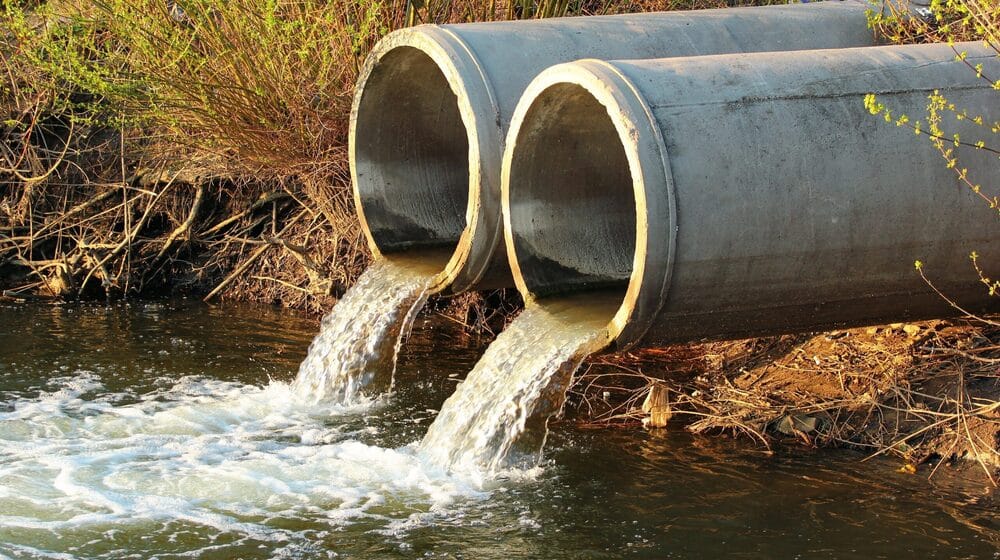Known for its substantial water usage, the semiconductor industry consumes vast quantities of water, with the production of each chip demanding thousands of gallons of ultrapure water.
Ultrapure water (UPW) is a term used to describe water subjected to purification processes aimed at removing impurities like fine particles and microorganisms. Through these methods, only the essential hydrogen and oxygen molecules that constitute H2O remain, ensuring the highest level of purity.
With the ever-increasing demand for semiconductors exacerbated by the global chip shortage, Samsung Semiconductor is gearing up to enhance its production capacity by expanding its production lines.
However, a significant consequence of this expansion is the anticipated surge in industrial water usage at its facilities. Projections suggest that by 2030, the amount of industrial water required is expected to more than double compared to the current consumption levels.
To meet its enormous needs, Samsung has announced that it plans to use wastewater from the sewer to address its growing semiconductor demands. For this purpose, the Korean phone maker will be purifying a whopping 400 million liters of wastewater every single day to produce its chips. The company’s Hwaseong plant will be responsible for treating and purifying water to standard safe levels for industrial use.
The water will go through multiple stages of purification and filtration to ensure it is completely free of any contaminants since the smallest impurities can impact the chip production process and its quality.
Samsung considers this initiative a substantial stride toward sustainable production practices. By integrating wastewater into its processes, the company is significantly diminishing its dependence on freshwater sources, thus actively contributing to water conservation endeavors.





















